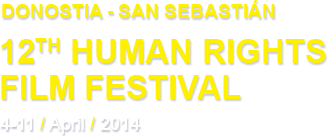- Home
- Topics
- All topics
- Construction of union and political leaderships
Construction of union and political leaderships
After World War II, Poland became a socialist state, governed by the Polish United Workers Party, of Marxist-Leninist ideology, thereby moving into the sphere of influence of the Soviet Eastern Bloc, which was directly opposed in the politics, economics, social and military fields to the Western capitalist bloc headed by the United States. This confrontation, known as the "cold war" even if it never actually led to world conflict, marked the second half of the 20th century.
The brutal repression of the union struggles in Poland in the early 70s, of which Walesa was the visible spearhead, was preceded in the 50s by scores of protests in other Soviet Bloc countries, such as the USSR, East Germany and Hungary, added to Czechoslovakia in 1968. The Communist totalitarian regimes prohibited workers' organisations.
Solidarity (Solidarność in Polish) is the Christian trade union whose leader, an electrician, Lech Walesa, channelled the workers' asphyxia at the sharp rise in the price of staple foods brought about by the country's economic instability. Controversial and charismatic, he was named Nobel Peace Prize in 1983 and eventually became the President of Poland in 1990.
Film: Wałęsa. Man of Hope









